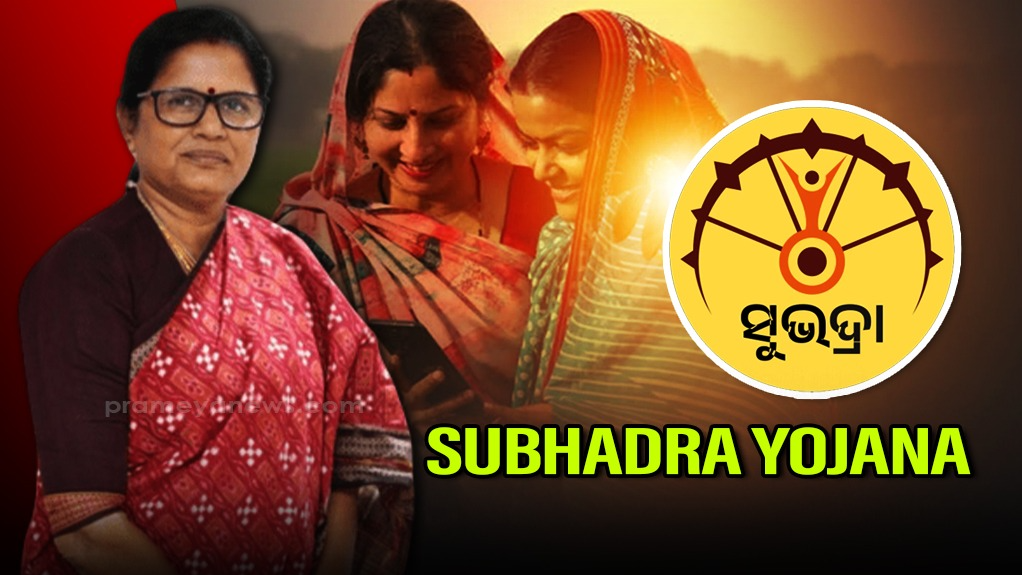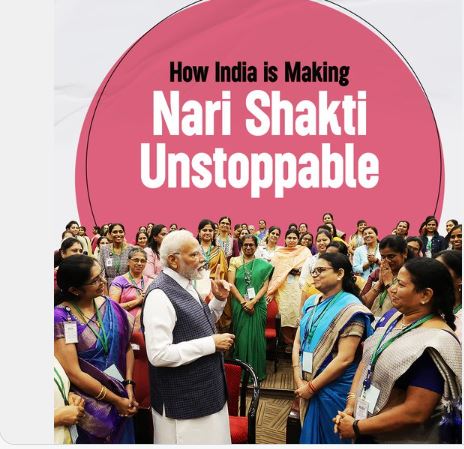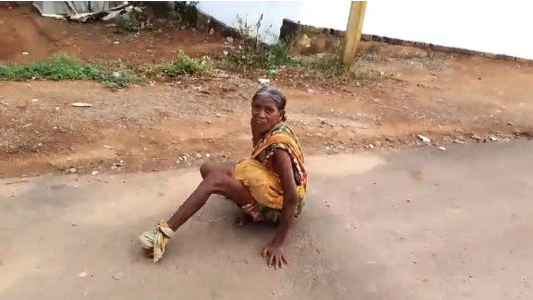Compulsive diplomacy of India on Kashmir
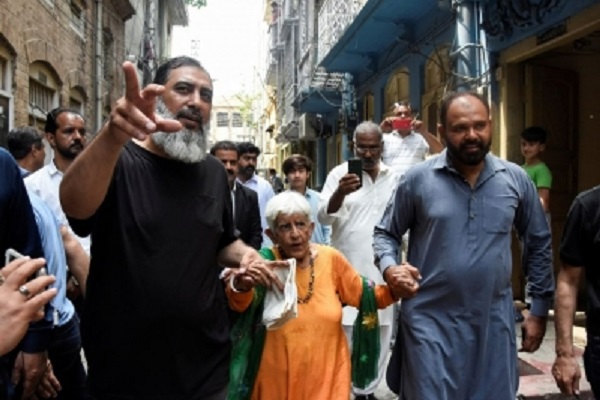
By Arun Joshi Kashmir cannot be separated from the international discourse – be it positive or negative, and if any confirmation or reconfirmation was needed, it was there on Wednesday when a delegation of 23 envoys visited the Valley on a mini-study tour. This was a conscious diplomatic exercise of the government of India that is keen to validate its point that the scrapping of the special status of Jammu and Kashmir on August 5, 2019, was needed to normalize the situation in the place which had become a byword for trouble in south Asia, and the world had started seeing it as a “nuclear flash point as two nuclear powers India and Pakistan were laying claim on the Himalayan territory. {"id":98419,"sizeSlug":"large","linkDestination":"none"} This visit of the envoys came within days after the government of India resumed 4G mobile internet services after having kept it suspended for more than 18 months. It also coincided with the process of the constitution of the District Development Councils in 20 districts of Jammu and Kashmir, with a clear purpose to tell the visitors that the grassroots democracy has born in Kashmir for the first time since independence. Diplomats have their own eyes, ears and other senses, they are trained for that , to pick up what they see or hear on a particular ground especially when they know that, why have they been brought there. And, it is understood, that it was clear to them what problems plague Kashmir, why and how. That all what they might have seen or heard during the two-day visit is not going to superimpose new images of projected normalcy over the images that they had about the place and the people before they landed at Srinagar airport. {"id":98420,"sizeSlug":"large","linkDestination":"none"} At the same time, it needs to be underscored that pictures on the ground deliver their own messages which breach the images to an extent which were presented to them before they saw it for themselves. It is not all about the sprouting of the grassroots democracy nor about the resumption of the long-sought 4G internet services, it was also that how the Government of India has initiated the processes to reduce, if not completely wither, the expanse of conflict in Kashmir. What they might not have missed was the artificial reality of the lined up Indian tricolour enroute to the places they visited, and also what they were told that things are getting back to normal. Diplomats have an acumen to feel and visualize what they are not being told or made to see. Their task is to balance the view on the ground with their own perceptions. The perceptions are long lasting, the visit on the ground seek to tell the other part of the story, but in the given situation and the digital age , no unifocal view can dominate. {"id":98421,"sizeSlug":"large","linkDestination":"none"} On the part of the Government of India, it was a compulsive diplomacy because it is under obligation not to allow a particular version of Kashmir – suppression of voices of dissent, indiscriminate arrests and curbs on free speech – to generate a narrative. This has to be challenged with its own facts and figures. Kashmir, whatever it has seen or experienced for the past 31 years of armed militancy, and the kind of clampdown on the movement and communication, particularly after August 5, 2019, was also orchestrated by Pakistan. The troubles in Kashmir cannot be separated from Pakistan’s machinations of keeping things in turmoil in the Valley for it vows to “liberate them from the Indian occupation”, and it has now changed the tack. Pakistan Prime Minister Imran Khan while addressing a rally in Kotli in Pakistan occupied Kashmir, had declared that “ Kashmiris could make a choice of becoming part of Pakistan or stay independent.” This was a very dangerous message for Kashmiris as also for the rest of India. It is nothing short of an incitement to the people of Kashmir to confront Indian forces and seek their liberation because the choice of independence is there for them. Pakistan underlined two messages in it : one, it will support the Kashmiris in their fight against India – that means more arms, more training and more international propaganda . Secondly, it has changed the whole context of the much-touted UN resolutions, implementation of which offers choice between India and Pakistan. In this scenario, the choice of choosing India is being ruled out. But what Pakistan premier didn’t realise that he nullified the UN resolutions. {"id":98422,"sizeSlug":"large","linkDestination":"none"} Kashmiris who have lost thousands of lives in the past over three decades are not going to fall in this trap. If nothing else, the diplomats must have learnt that times and mood in Kashmir have changed. This was an inescapable reality for the visiting diplomats. About the Author: {"align":"right","id":78114,"width":269,"height":374} Arun Joshi is a senior journalist based in J&K. He has worked with Hindustan Times, Times of India, Indian Express and The Tribune. He has authored “ Eyewitness Kashmir: Teetering on Nuclear War” and three other books. wp:separator /wp:separator
Latest News
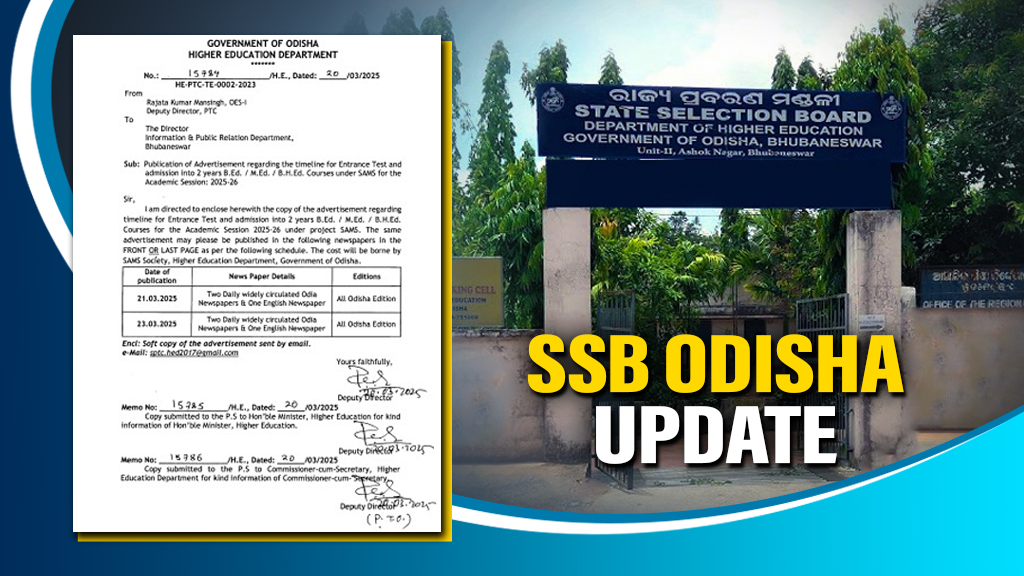
SSB Odisha to release provisional answer keys...

Odisha’s Climate Project wins top award at Sea...

Sitharaman, Purandeswari, Srinivasan: The Top...
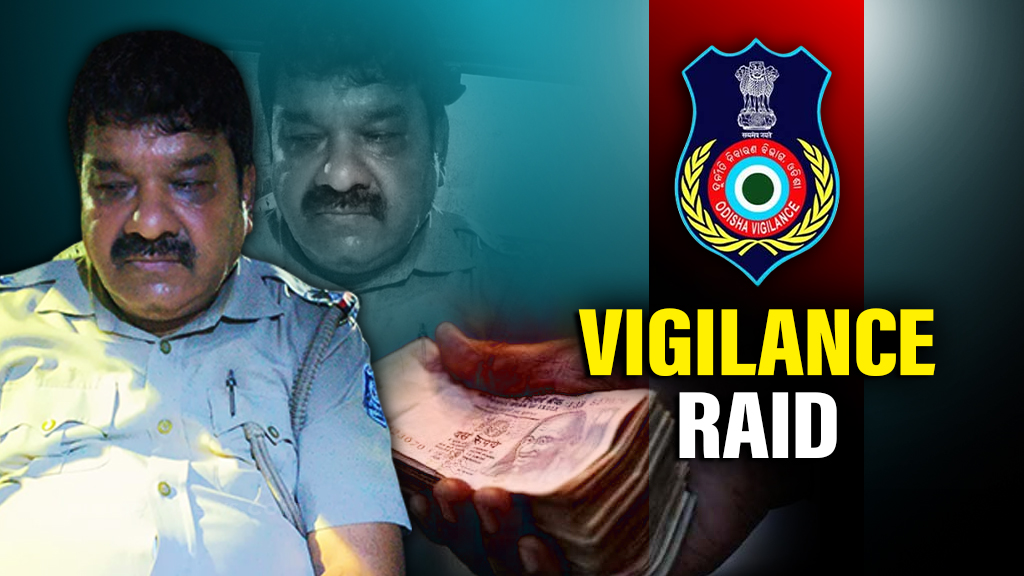
Vigilance raid: Talcher ASI caught taking brib...
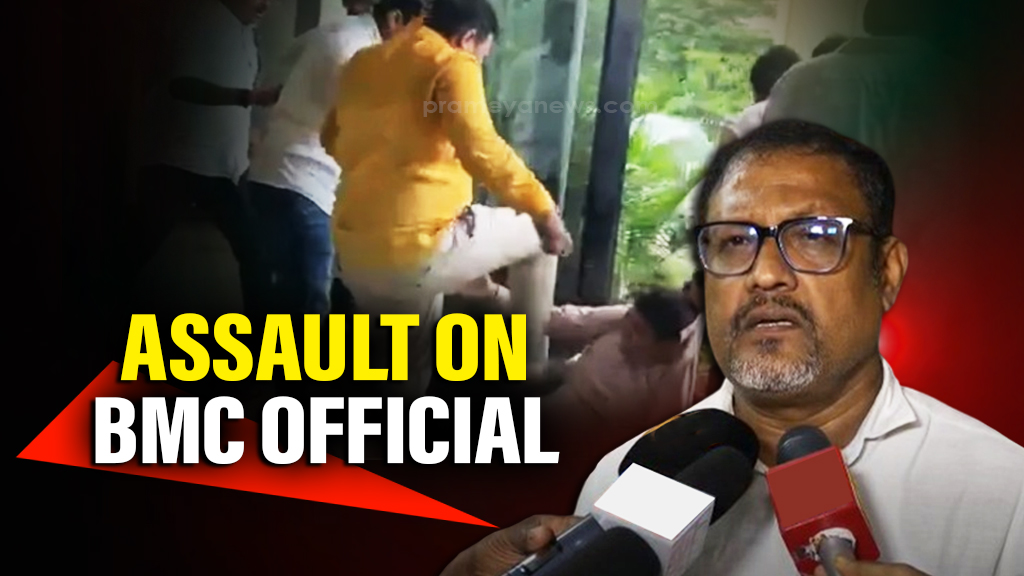
Assault on BMC official: OAS officers to resum...

Air India Crash: UK Families Retain Law Firm f...
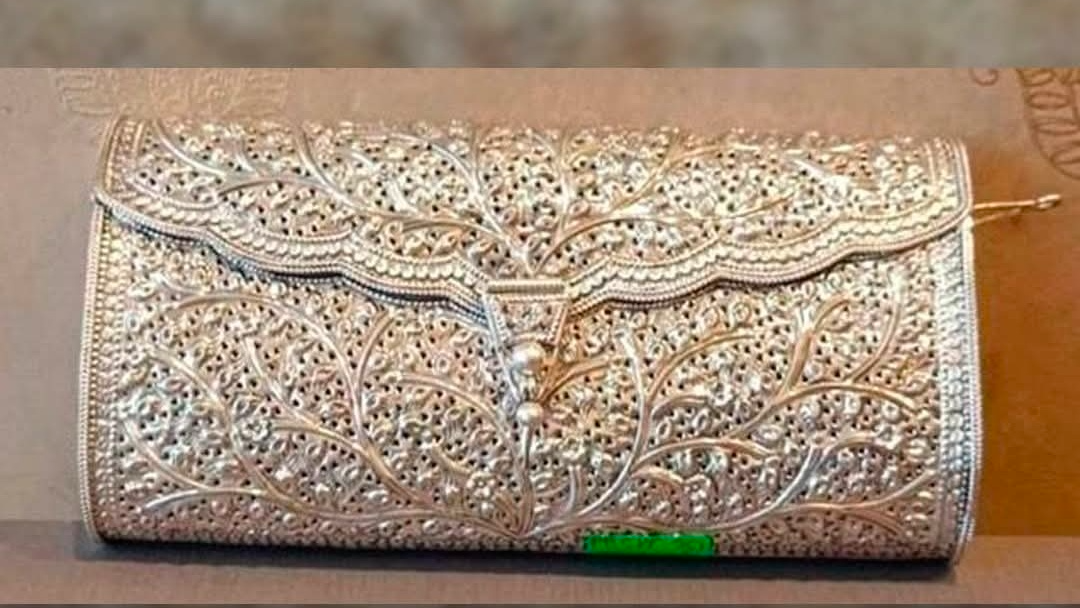
PM Modi gifts silver filigree purse to Ghana’s...
Copyright © 2024 - Summa Real Media Private Limited. All Rights Reserved.













